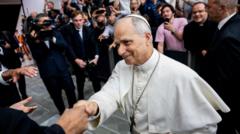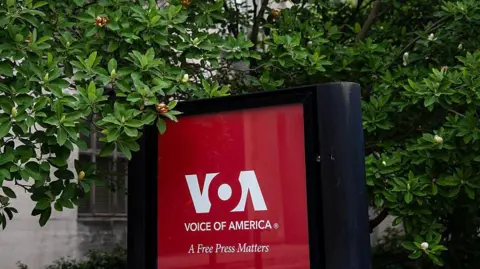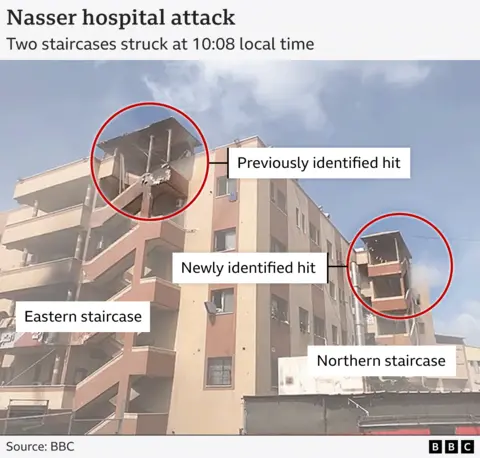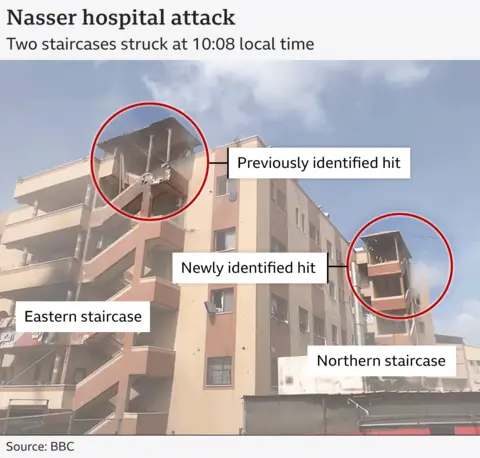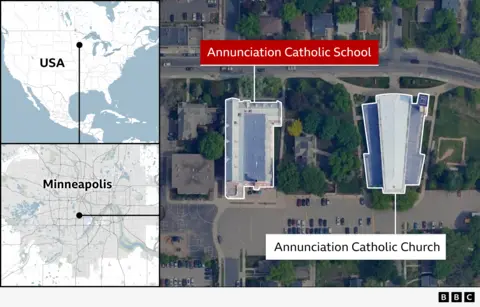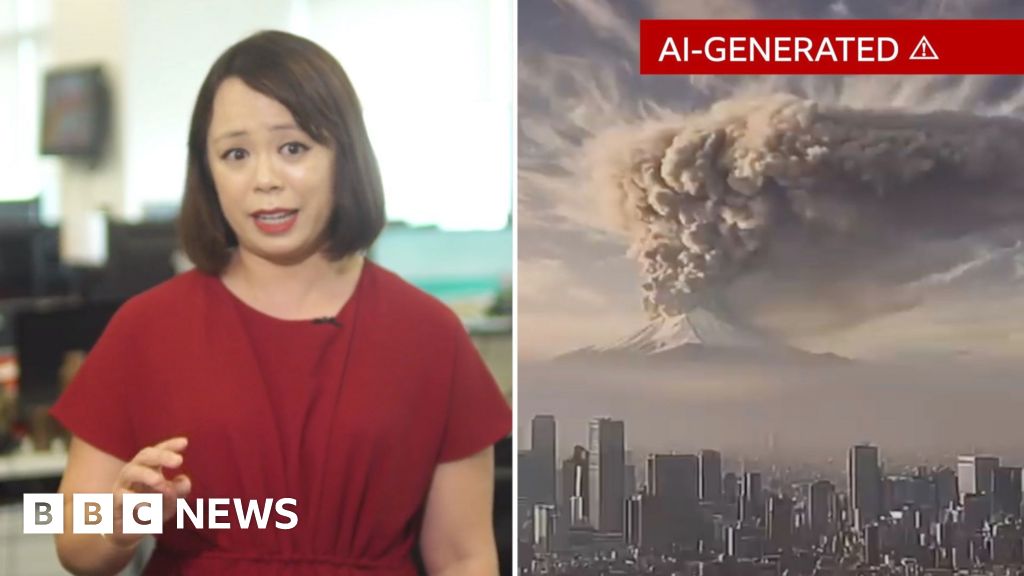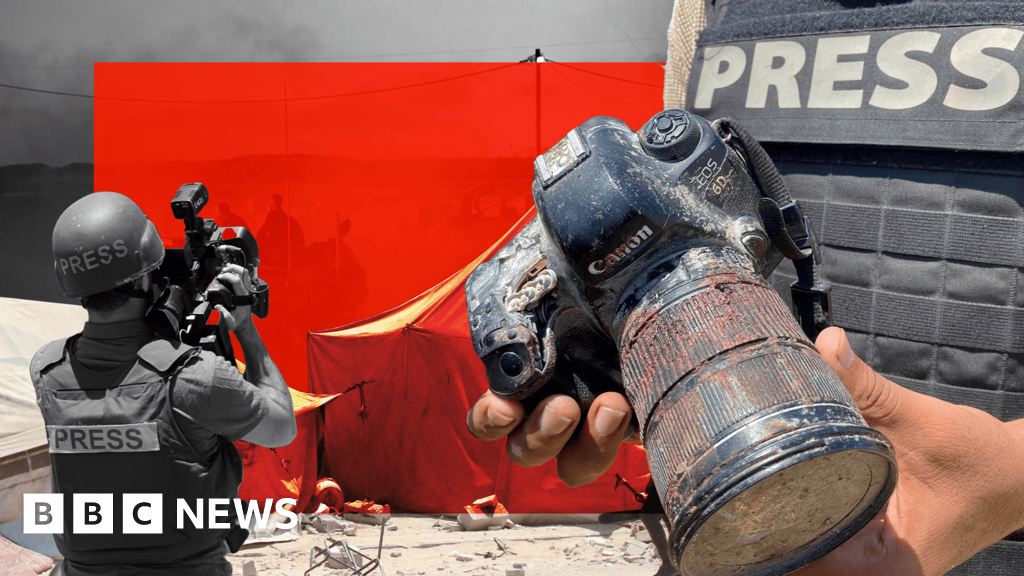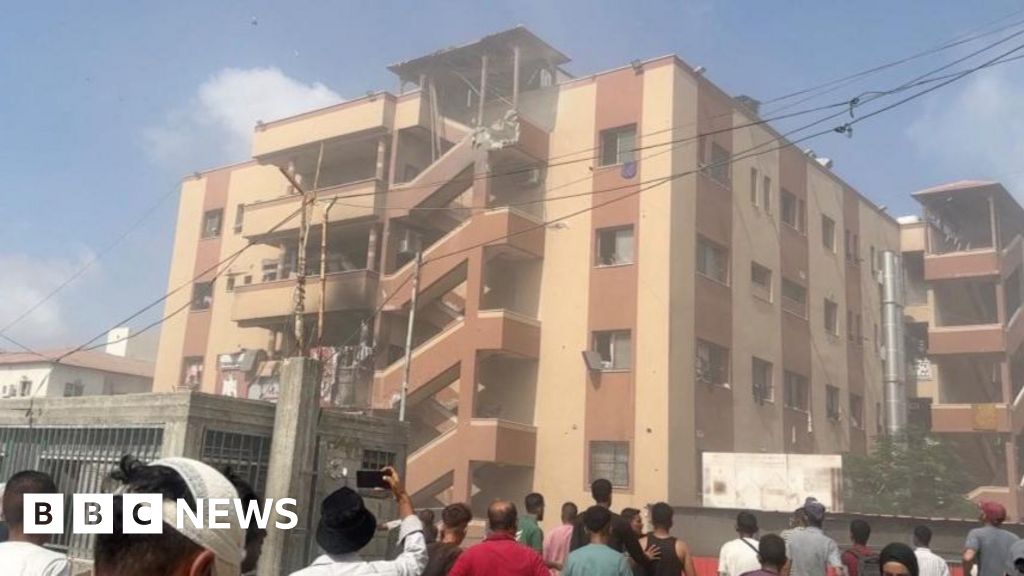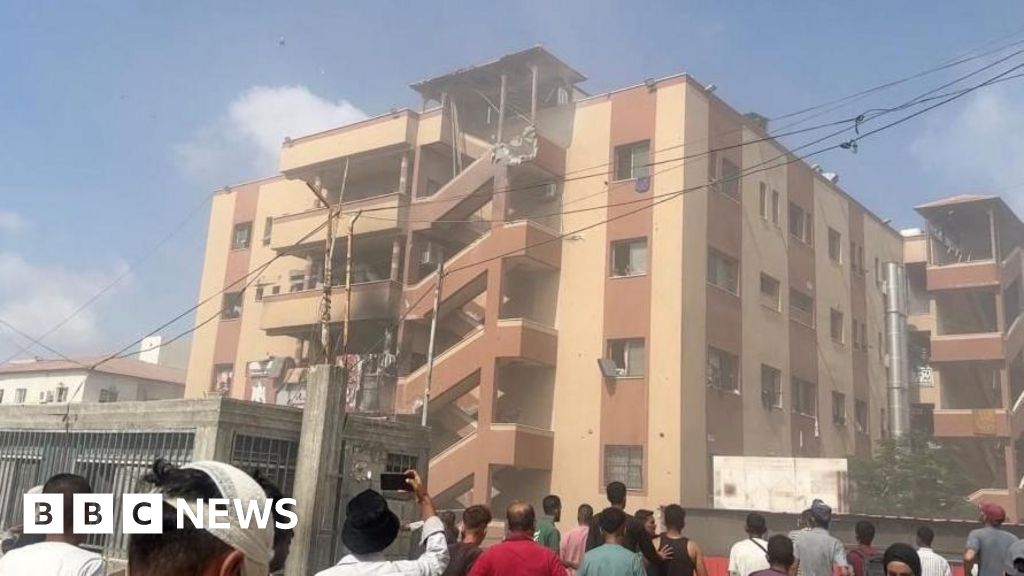In a significant address to members of the media at the Vatican, Pope Leo XIV, who was recently appointed as the new leader of the Catholic Church, made a strong plea for the freedom and protection of journalists who find themselves imprisoned for their steadfast dedication to uncovering and conveying the truth. During this first engagement, he articulated that their plight represents a profound challenge to the ethical frameworks of nations and the global community alike, stating, "Press freedom must be defended."
Pope Leo XIV pointed out that the statistics reveal a grim reality, notably that 361 journalists were behind bars as of 2024, according to the Committee to Protect Journalists. He accentuated the essential role that journalists play in exposing societal injustices and confronting issues of poverty on a global scale. In a clarion call to the media, he expressed discontent with how current narratives often succumb to divisive partisanship, encouraging journalists instead to strive towards fair and factual reporting.
Moreover, the pope cautioned against the dangers of inflammatory rhetoric, asserting the need to "reject the paradigm of war" and engage in dialogue that prioritizes the voices from the margins—those often overlooked in mainstream discourse. While speaking in Italian, he cleverly opened with an English quip acknowledging the warm applause he received upon his arrival, which lightened the atmosphere of the room.
Additionally, as the speech unfolded, he addressed the emerging role of artificial intelligence in media, emphasizing the responsibility that lies with journalists to wield AI thoughtfully and for the greater good of humanity. "We do not need loud, forceful communication," he voiced, calling for dialogue that embraces listening and understanding instead. Ultimately, Pope Leo XIV's address reflects a broader commitment to fostering a media landscape that champions freedom, integrity, and social justice while urging collective action for the release of those unjustly imprisoned.
Pope Leo XIV pointed out that the statistics reveal a grim reality, notably that 361 journalists were behind bars as of 2024, according to the Committee to Protect Journalists. He accentuated the essential role that journalists play in exposing societal injustices and confronting issues of poverty on a global scale. In a clarion call to the media, he expressed discontent with how current narratives often succumb to divisive partisanship, encouraging journalists instead to strive towards fair and factual reporting.
Moreover, the pope cautioned against the dangers of inflammatory rhetoric, asserting the need to "reject the paradigm of war" and engage in dialogue that prioritizes the voices from the margins—those often overlooked in mainstream discourse. While speaking in Italian, he cleverly opened with an English quip acknowledging the warm applause he received upon his arrival, which lightened the atmosphere of the room.
Additionally, as the speech unfolded, he addressed the emerging role of artificial intelligence in media, emphasizing the responsibility that lies with journalists to wield AI thoughtfully and for the greater good of humanity. "We do not need loud, forceful communication," he voiced, calling for dialogue that embraces listening and understanding instead. Ultimately, Pope Leo XIV's address reflects a broader commitment to fostering a media landscape that champions freedom, integrity, and social justice while urging collective action for the release of those unjustly imprisoned.

